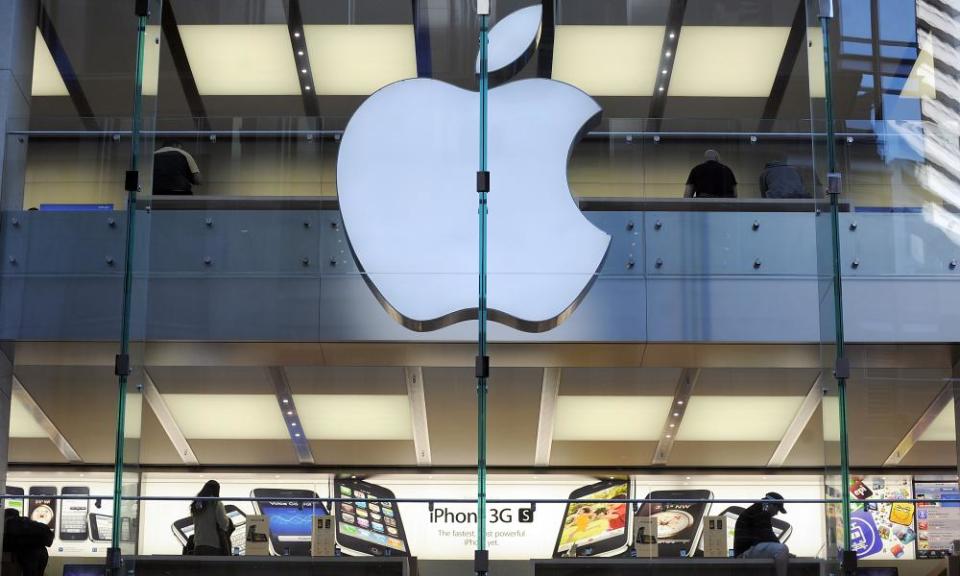Australia's economic growth at risk as US-China trade war escalates

Australia’s economic growth could suffer a serious setback as the country’s exporters risk being caught up in the mounting trade war between the United States and China.
As Beijing retaliated with tariffs on $60bn of US goods following the Trump administration’s $200bn hit on Chinese imports, a closely watched index on Australia’s economic prospects pointed to a slowing in momentum for the remainder of the year and into 2019.
But despite widespread concerns about a negative impact on the global economy, stock markets appeared to shrug off news of the new tariffs on Wednesday helped by a positive finish on Wall Street on Tuesday night.
The Nikkei index in Tokyo jumped 1.3%, the ASX 200 rose 0.4% in Sydney and the Shanghai composite was up 0.3%.
The optimistic mood suggests that investors believed the US tariffs of 10% rising to 25% in January could have been worse and that the impact of the trade war was already priced into share values.
The Australian dollar, which is seen as barometer of world trade, jumped 0.6% to US72.26c, while the Chinese yuan also reversed recent losses.
“The markets are able to regroup now that the latest phase of the US-China trade war is over,” said Masahiro Ichikawa, senior strategist at Sumitomo Mitsui Asset Management in Tokyo. “There was relief as the United States set the initial tariffs at 10%, rather than the expected 25%, seen by some as a gesture that it was buying time for further negotiations.”
Concerns remain, however, that Australia could suffer as a result of the new tariffs.
The Westpac–Melbourne Institute leading index, which indicates the likely pace of economic activity relative to trend three to nine months into the future, fell from 0.5% in July to -0.02% in August.
The index had shown an average growth rate of 0.89% in the seven months from October last year to April this year. But in the four months since April, the growth rate has averaged only 0.1%, indicating “a clear step down”, according to Westpac’s chief economist, Bill Evans.
He blamed headwinds from weak wages growth, falling property prices in Sydney and Melbourne, and a slowdown in jobs growth as both political uncertainty and global volatility weigh on employment decisions.
UBS economists forecast in a note to clients on Wednesday that the US tariffs would act as a drag on the Chinese economy, predicting up to 1.2 million workers in export-related industries could lose their jobs.
China is Australia’s biggest export market so the impact on the local economy could be serious. Any widespread slowdown in China would reduce demand for Australian industrial commodities such as iron ore and coal, and could also hurt exports of food and services to the country’s middle class.
Capital Economics also noted that the US and China provided almost 30% of the current stock of direct investment in Australia, meaning that if the superpowers started to pull back from global agreements, it would affect Australia’s open economy.
Consultancy firm KPMG had also predicted that the escalation in the US-China trade war could cost the Australian economy at least $36bn over the next decade, depriving the national economy of 0.3% growth. It said Australia, will be far more heavily bruised than the European Union or Japan.
Simon Birmingham, the trade minister, has warned Australian consumers will end up paying more as a result of the tariffs, while Labor’s Mark Bowen said on Wednesday that he hoped China and the US could “sort out their issues”.
“We shouldn’t overstate it – we shouldn’t be alarmist – but the downside risk for Australia is material.”

 Yahoo Finance
Yahoo Finance 